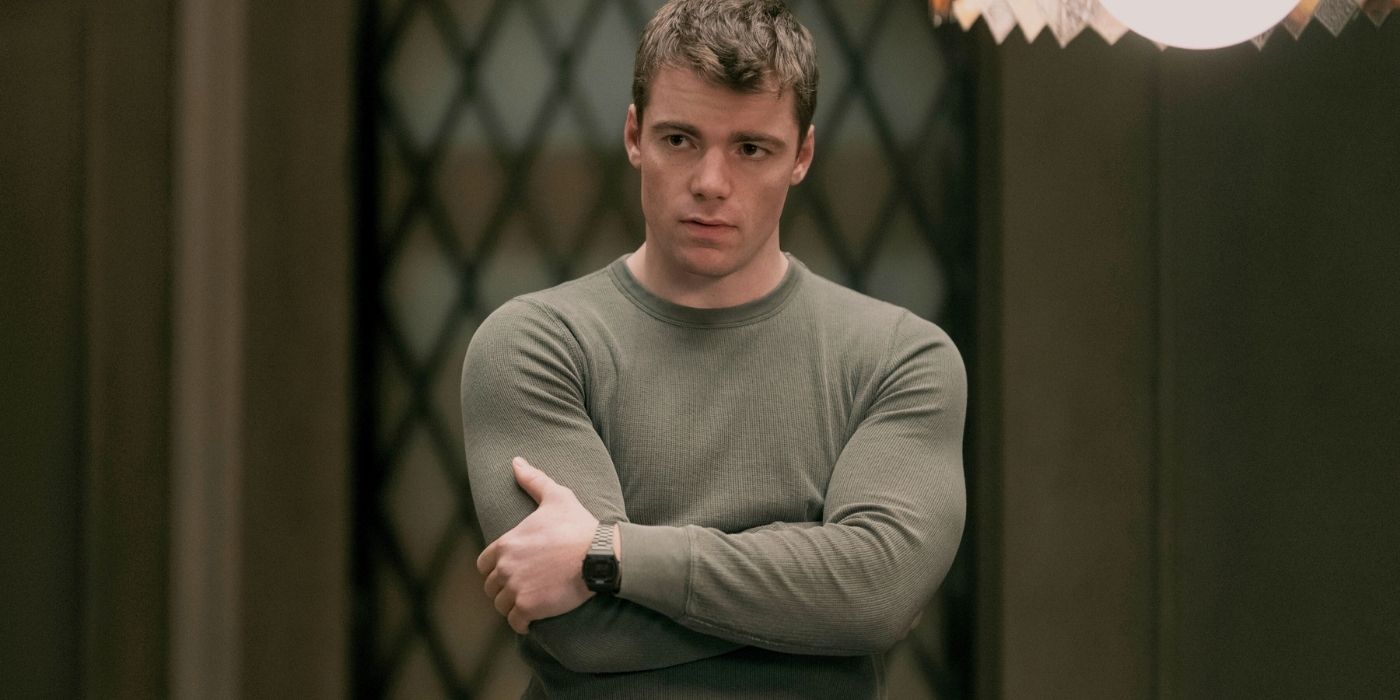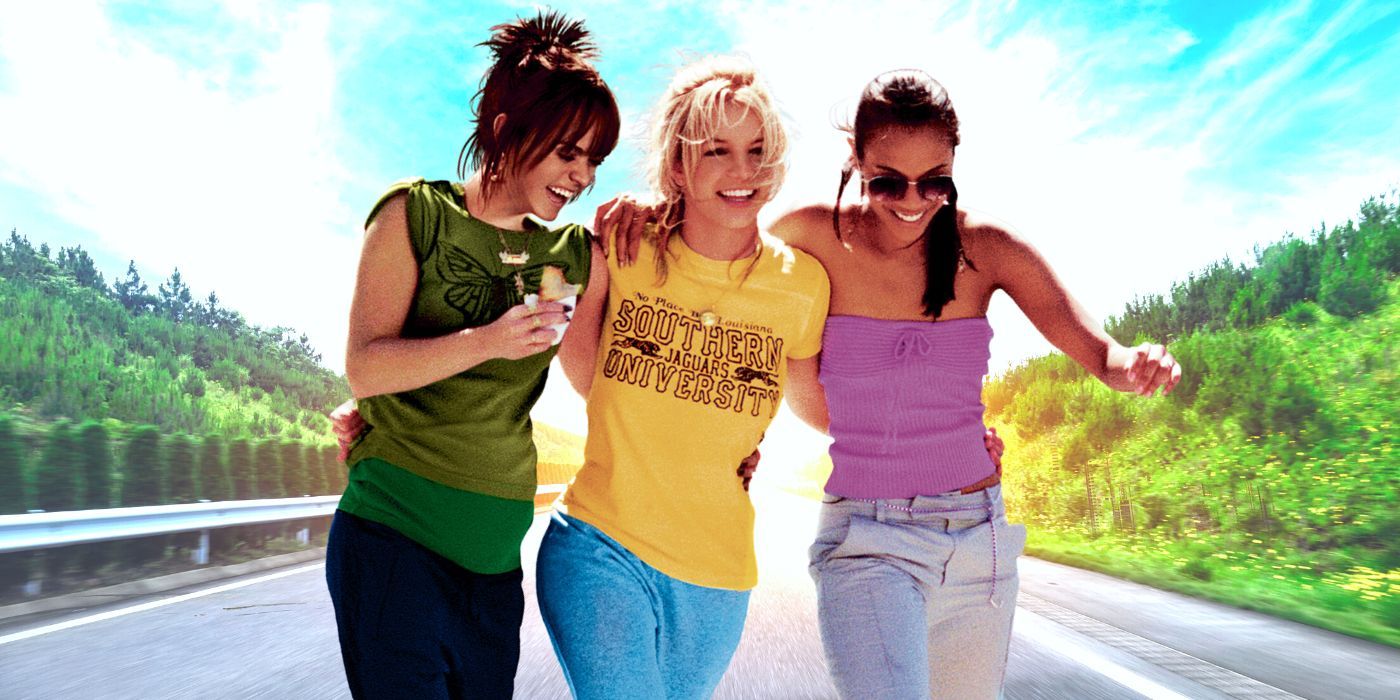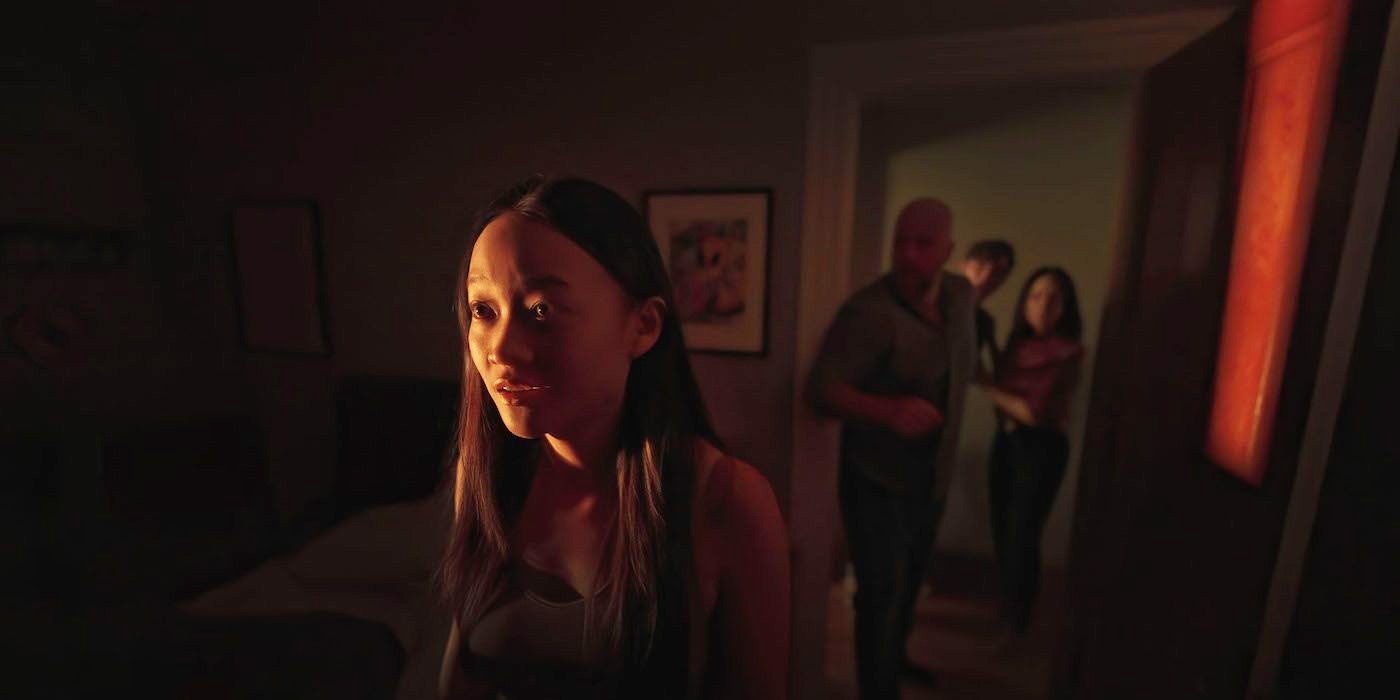Is your music less important, more important, or about as important as your film work? BenderRodriguez
Here’s the thing: I grew up in music. I saw the Beatles when I was eight. By the time I was nine, I had a band. Started with a little cheap guitar and then got a drum kit, which my father hated. I was playing pretty big concerts by the time I was 16 and then went on tour. I became a roadie from 18 to about 22. I went to LA to play music, accidentally got into acting. I’m still not sure how it happened. I always say that my success as an actor was out of ignorance, because I didn’t know how to be anything other than natural, and I think they liked that.
I loved both of them. It’s all one vision, all out of the same brain. I couldn’t choose one over the other. I’d like to do both, as long as they’ll let me.
Do you have any amusing stories you can share from your days of being a roadie? VerulamiumParkRanger
The common misconception is that the groupies would have to go through the roadies to get to the band. That’s not true because in our day, when the show was over, the bands were back at the hotel partying with all the groupies, and we roadies were taking everything down, loading everything up and going to the next city. I was a skinny little 64kg (10st) creep with long hair down to my waist, lifting stuff that I couldn’t really lift. It wasn’t as glamorous as you might think, but I loved every minute of it because all I wanted to do was be in that world.

You’ve met Johnny Cash. What was that like? tomcasagranda
I never got over being nervous around Johnny Cash because it was like God walked in the room. I stayed at his house a couple of times and I did not want to get caught in my drawers looking in his refrigerator. So I just stayed in my room all night long. But he was very kind to me. We did a duet together of one of his songs, I Still Miss Someone, that I’ve never put out.
Cash said to me, “What’s your idea, son?” And I said, “Well, I thought we’d do the first verse and bridge and then you could do your recitation.” This was at a point where Johnny was in a little more ill health. And I said, “Then you do the recitation and then we’ll come back and do the last verse and bridge.” And he said, “Yeah, that sounds good to me.” And then he said, “I might even have an idea or two myself. After all I wrote the fucking thing.” And I was like, “Yes, sir, sorry.”
He wrote a story about that day on four pieces of notebook paper. It was partly truth, partly fiction. And on the last page are three autographs by him: “John R Cash”, “Johnny Cash”, “John Cash.” And I said, “John, why did you write three autographs on that paper?” He says, “Son, if you ever get broke, cut those into three pieces and you’ll be all right.”
What is your relationship like to the south, having lived away for many years? It’s a place that never leaves you. User301723
I’ve been in LA since 1980 but I was raised in Arkansas and after high school I moved to Texas. And it never does leave you. I was raised in abject poverty and worked a lot of crummy jobs. The one thing about the south: it’s rich in storytelling. Erskine Caldwell, William Faulkner, John Kennedy Toole, who wrote A Confederacy of Dunces. I think that’s why I’m irrelevant these days as a director and writer for cinema – because that was my wheelhouse, writing stories based on southern novelists. When you get off the airplane in New Orleans or Memphis, the air seems heavier. And the war where we fought each other was fought there. You feel the ghosts.
I had a magical childhood. When you’re poor, you don’t know it. And then I go out to LA – I swear to God, to this day I’m still nervous around rich people. It’s why you don’t really see me much at fancy parties.

The writing (and directing) seem to have taken a back seat in the last few years. Is that because you are busy with other things? OttoMaddox
Probably not. After Sling Blade I did a few more, but most of the time people didn’t see ’em. And the other thing is: I’m no spring chicken. Directing and writing takes a year and a half out of your life. I think I’d rather just go on tour, make albums and do cinema as an actor. The other thing takes too much and it’s heartbreaking sometimes.

The Man Who Wasn’t There is maybe one of the Coen brothers’ best, yet saddest films – did it come over as so tragic to you while you made it? PeteTheBeat
Yes, I was in a very odd mood during that because a lot of my own personality is that guy. I’m kind of friendly and open to people, but the fact of the matter is there’s this very solitary part of me. The only hard part about making that movie was that I was smoking non-filter cigarettes. In my real life, I smoke like an old Buick. Take after take I had all these non-filter cigarettes – and then I had nothing to do when we took a break. What am I gonna do, have another smoke? But it’s one of my favourite movies I was ever in – I think every actor dreams of being in a film noir, because of Bogart and all those guys.
On Deadly Ground is one of the few Steven Seagal movies worth watching, mainly due to the strong supporting cast – many of whom, including you, are killed by Seagal’s character. Do you have any tales to tell about it? Longgone
When I first signed up with an agent, there was an idea he was to turn me into an action star. So I played some dumbass who was there to be killed by Seagal. One scene, they put me on a horse on top of a mountain. I grew up riding horses, but I’m no Roy Rogers or Lash LaRue. It’s me and seven stunt guys chasing Seagal through the woods. It was a wide shot which they were shooting from another mountain. You wouldn’t know who I was; I could have been in Bozo the clown makeup.
I made it down the hill for three takes so I was like, “Shit, I am Roy Rogers.” Then on the fourth take, the last thing I remember, my right hand was on the saddle horn. Then my feet were straight in the air and I woke up with dirt all over my face and in my mouth. I couldn’t breathe or feel the right side of my body.
I had broken ribs, a broken collarbone, a severely bruised pelvis and a concussion. They put me in a hotel room for a few days with some Vicodin and a cooler full of grocery store sandwiches and Gatorade, and then a PA would come check on me every couple of days. It was called On Deadly Ground. I was like, “No shit.”

You’ve played a lot of psychopaths in your career to great effect; how do you prepare for the roles, or does it just come naturally? Bobbio39
People think I’ve played a lot of bad guys but if you really look over the career, I haven’t played that many. Maybe some of them were very prominent, and so people remember it that way. But The Man Who Wasn’t There – not a bad guy. Jayne Mansfield’s Car – not a bad guy. Sling Blade – not a bad guy. Bad Santa – just a thief dressed up like Santa Claus and, at the end, he steals an elephant out of the department store for the kid and gets shot by the cops for it. That’s hardly a psychopath.
Even in Monster’s Ball I’m just a confused guy who’s lost his son and has a racist dad. [In other films] I was the head of Nasa, I was an air traffic controller. Where are all these psychopaths? I don’t know what people are talking about. I’ve played about three psychopaths ever.

 5 days ago
5
5 days ago
5








 English (US) ·
English (US) ·